
The FDA’s fast track designation for BST-236 to treat adults aged 75 years or older with acute myeloid leukemia, or who have comorbidities that prevent the use of intensive induction chemotherapy, may open the doors to an accelerated approval.
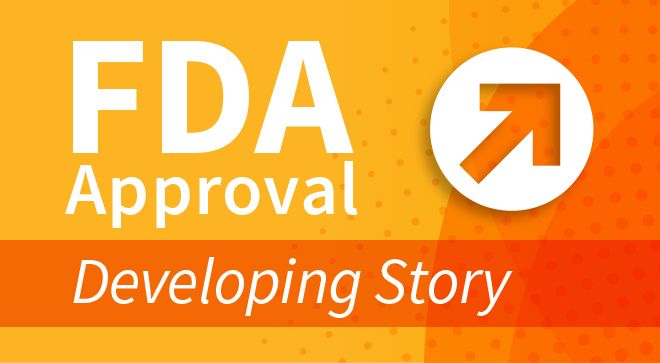
FDA Grants Regular Approval to Venclexta Combo for Untreated Acute Myeloid Leukemia

The FDA’s fast track designation for BST-236 to treat adults aged 75 years or older with acute myeloid leukemia, or who have comorbidities that prevent the use of intensive induction chemotherapy, may open the doors to an accelerated approval.

A patient assessment tool, known as the Functional Assessment of Cancer Therapy–Leukemia (FACT-Leu), was a viable and valid outcome measure for patients with acute myeloid leukemia not eligible for intensive therapy.
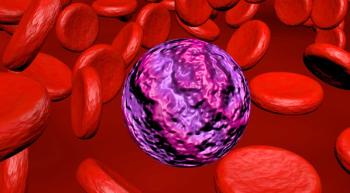
“Overall, the take-home point is that it's a small study so far and the follow-up time is still short, but it is pretty exciting preliminary data,” said Dr. Courtney DiNardo about the combination of Tibsovo plus Venclexta – with or without Vidaza – in IDH1-mutated acute myeloid leukemia.

“At 34, I have another chance to live the rest of my life with a consciousness that there's great purpose in the pain.”

The phase 3 trial evaluating eprenetapopt plus Vidaza completed enrollment recently, and could lead to a new standard of care with positive results, according to Dr. Guillermo Garcia-Manero.

The Food and Drug Administration (FDA) extended the indication of Mylotarg (gemtuzumab ozogamicin) to include the treatment of children aged one month or older with newly diagnosed CD33-positive acute myeloid leukemia (AML).
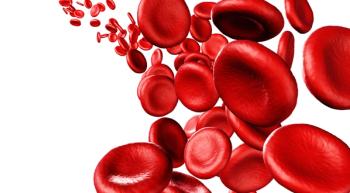
The COVID-19 pandemic has created a unique challenge for patients with myelodysplastic syndromes and acute myeloid leukemia, creating many questions that experts tried to answer in a recent webinar from The Aplastic Anemia and MDS International Foundation.

The COVID-19 pandemic will continue to alter how patients with cancer receive their treatment, and experts within the United States who saw the virus strike early are offering their advice to other hospitals just starting to feel the effects.

Patients with acute myeloid leukemia whose disease has relapsed or become resistant to treatment saw a benefit with a combination of Opdivo and Vidaza.
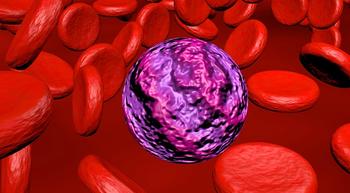
Patients with acute myeloid leukemia often have to undergo transplant during treatment but are susceptible to other side effects, but new research indicates that the use of immunotherapy after these treatments can improve patient outcomes.

Here are the latest highlights from the first CURE Hematology Special Edition issue for 2020.

Targeted therapies have changed the landscape of cancer care, and now, hope for remission is a possibility for certain patients with acute myeloid leukemia with new approved therapies.

A wave of new targeted therapies expands the options in acute myeloid leukemia.
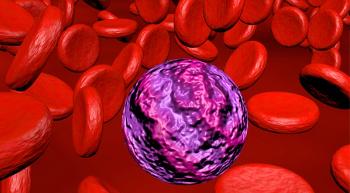
Treatment options for patients with acute myeloid leukemia are limited, especially for older patients, but a new trial looking at novel therapy combinations could change the treatment landscape.

Research findings show that rare mutations from donor stem cells can be passed onto patients who receive them, potentially causing health concerns.

New findings show that a wider study is needed for MDM2 inhibitors in treating patients with AML.

Whole genome sequencing of blood and bone marrow from patients with acute myeloid leukemia and myelodysplastic syndrome has revealed previously unknown disease subtypes.

New findings show that the socioeconomic status of children with AML plays a significant and alarming roll in the rate of their overall survival after diagnosis.

Baseline laboratory values for AML clinical trials are setting unnecessary restrictions for kidney function that excludes African American patients with AML when this comorbidity does not impact overall survival.

Certain oncology treatments can raise the risk of developing yet another cancer.

What are the odds that my friend, Michael, would be afflicted with the same rare disease that I had?

Some of the greatest doctors in the world were responsible for my survival and recovery from acute myeloid leukemia…but the Three Stooges, W.C Fields, Abbott and Costello, Laurel and Hardy and The Marx Brothers played a major role as well.

From Trump’s executive order regarding drug prices to today’s top performers and athletes, here’s what is making headlines in the cancer space this week.

In a talk about her new book, Vanessa Bayer explains how leukemia contributed to her comic perspective and sense of empathy.

The Food and Drug Administration’s Oncologic Drugs Advisory Committee voted against approving a new drug application for quizartinib for adult patients with relapsed/refractory FLT3-ITD–positive AML.